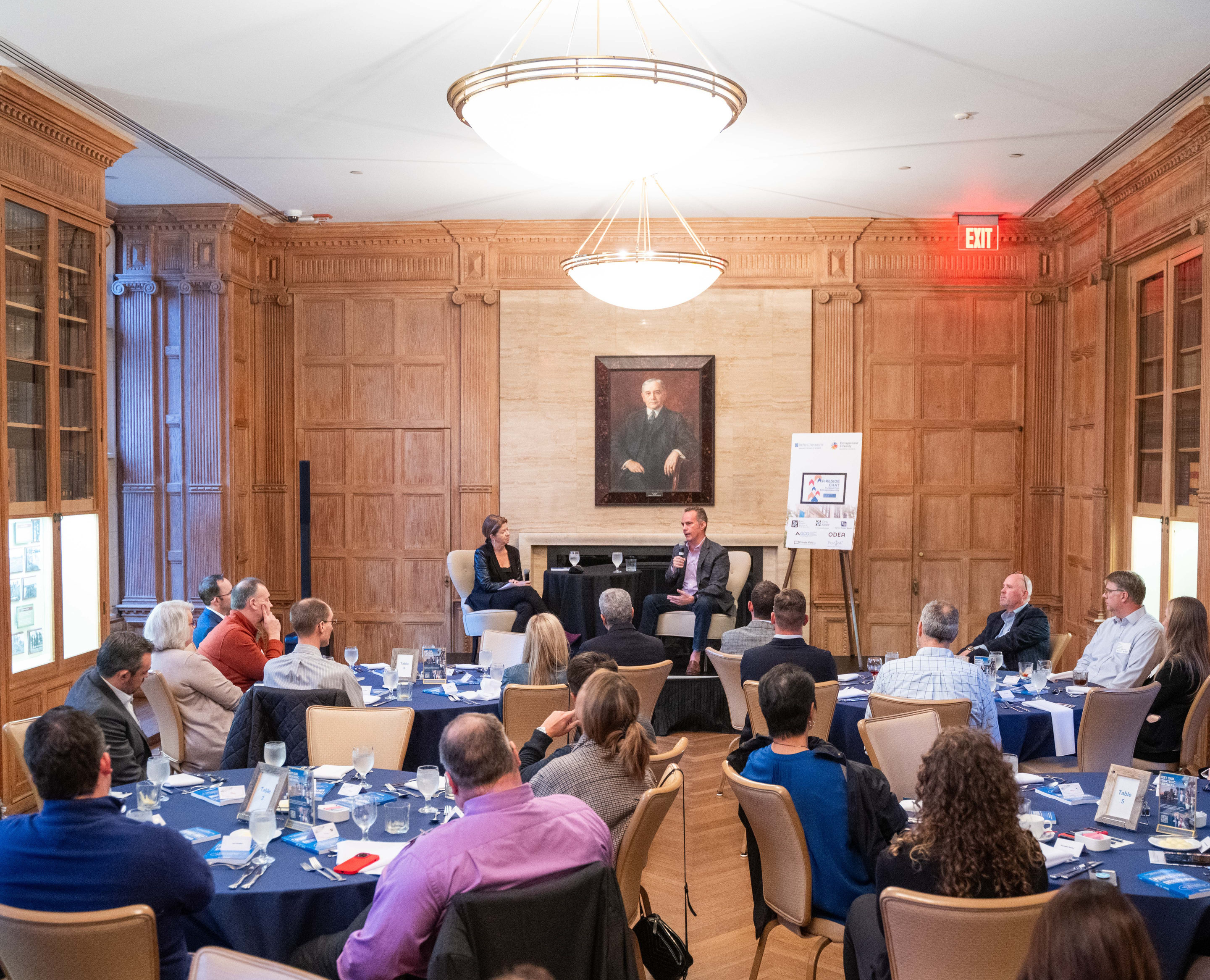The Entrepreneur and Family Business Council (EFBC) exists to educate and empower the people of family and entrepreneurial businesses through impactful programs and a unique community of peer support.
We believe in helping people be the best leaders they can be in all aspects of their lives.
Upcoming Events
There’s always something happening at EFBC. Join our email list to stay in the know about upcoming events and more.
Members of the EFBC community are lifelong learners. So, when you’re looking to elevate your knowledge, tap into inspirations, or stay in front of all those “things I need to know that I didn’t even know I needed to know” topics as a business owner or key employee, our blog is a great place to start. This is where we share experiences and our Strategic Partners share their knowledge. All focused on keeping our community growing and thriving.


